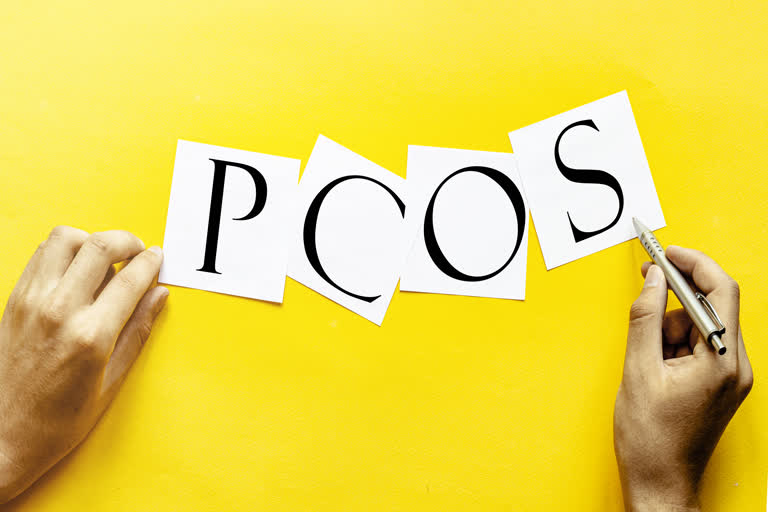Polycystic Ovary Syndrome or PCOS is one of the common problems faced by women of reproductive age. It is a problem related to the menstrual cycle, causing irregular or prolonged cycles or even excess of the male hormone levels in the body. Cysts (collection of fluids) may also develop in the ovaries making it unable to regularly release the eggs. If these conditions exist, a woman may be diagnosed with PCOS. The exact cause of PCOS remains unknown, however, early diagnosis, treatment, and maintaining a proper weight can be helpful. The problem can also contribute to health conditions like diabetes or heart disease.
Symptoms Of PCOS
Here are some of the signs and symptoms of PCOS, as stated by the National Health Service (NHS) UK. It also mentions that these signs and symptoms usually become apparent during the late teens of the early 20s and include:
- irregular periods or no periods at all
- difficulty getting pregnant as a result of irregular ovulation or failure to ovulate
- excessive hair growth (hirsutism) – usually on the face, chest, back, or buttocks
- weight gain
- thinning hair and hair loss from the head
- oily skin or acne
Other symptoms may include heavy bleeding, dark skin patches especially on the body creases, headache, pelvic pain, and infertility.
What Causes It?
As stated above, the exact cause of PCOS remains unknown, but experts suggest that it can be hereditary. It can also happen due to abnormal hormone levels in the body, like excess of androgen or the male hormones as well as higher levels of insulin. Being overweight or obese also contributes to it.
PCOS And Other Health Complications
PCOS have been associated with certain health-related issues, some of which are long term including:
- Type-2 diabetes or prediabetes
- Gestational diabetes
- High blood pressure
- Infertility
- Sleep apnea
- Anxiety and depression
- Eating disorders
- Endometrial cancer (cancer of the uterus lining)
- Abnormal cholesterol levels
- Obesity
PCOS Treatment
There is no curative treatment for PCOS, but its symptoms can be managed in various ways. The very first thing that any doctor would recommend is to change your lifestyle. It includes changing your dietary habits and adding physical activities to your daily routine. Having a healthy and balanced diet is a must. Avoid eating junk foods containing excess sugar or fats and exercise for at least 30-45 minutes every day. If you are overweight or obese, these lifestyle changes will help you lose weight.
Apart from this, medications are available for managing the symptoms like infertility, excessive hair growth, irregularity in the menstrual cycle, etc. Birth control measures are also effective and can help in maintaining a normal hormonal balance. These include pills, vaginal ring, or patch. The NHS also states, “if fertility medicines are not effective, a simple surgical procedure called laparoscopic ovarian drilling (LOD) may be recommended. This involves using heat or a laser to destroy the tissue in the ovaries that's producing androgens, such as testosterone. With treatment, most women with PCOS are able to get pregnant.”
Therefore, if you witness any of the aforementioned symptoms, especially if you have irregular period cycles, consult your doctor immediately. PCOS can be diagnosed in various ways such as a physical exam, pelvic exam, pelvic ultrasound, and blood tests. The doctor will suggest ways to effectively manage the symptoms in order to prevent any further complications.



